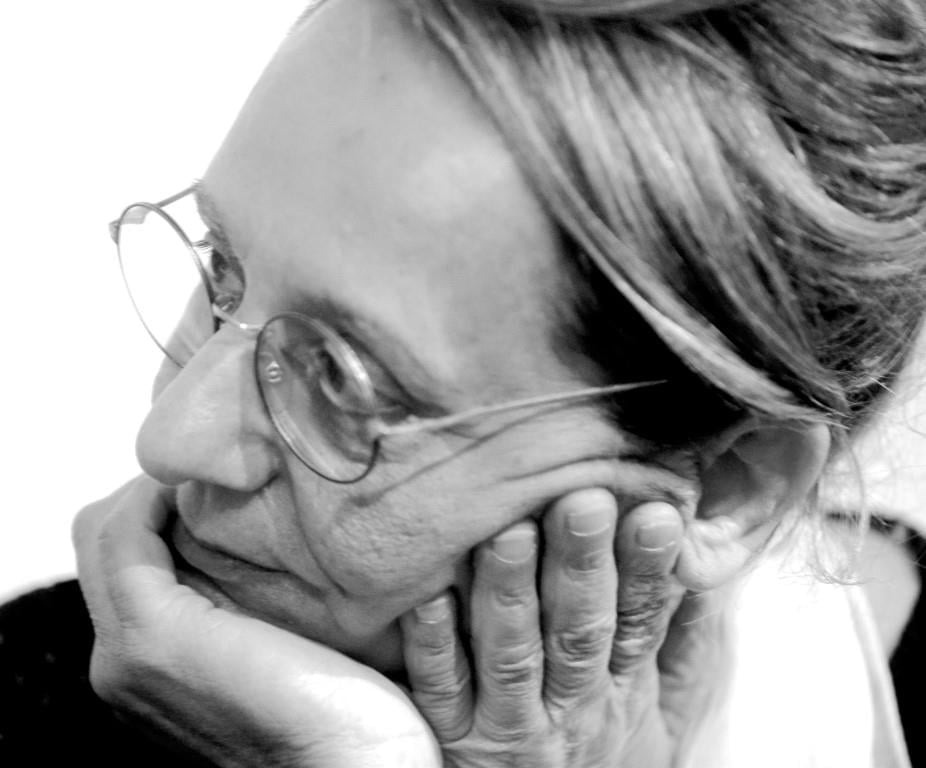
Wanda Marasco
- Italy
- Zu Gast beim ilb: 2018
Wanda Marasco was born in Naples in 1953. She studied philosophy and took courses in directing at the Accademia Nazionale d’Arte Drammatica Silvio D’Amico in Rome. After publishing her first poetry collection »Gli strumenti scordati« (tr: Out of tune Instruments) in 1977, she was celebrated as an interesting new voice in Italian poetry and received the 1978 William Blake Prize for poetry. While living in Rome, she also wrote her own version of Goethe’s »Faust« entitled »La Strada dell’Abbondanza« (tr: The Street of Abundance), which was staged by directors such as Aldo Trionfo and presented at the 1982 Festival dei Due Mondi in Spoleto, among others. Over the following years, she published further volumes of poetry such as the collection »Voc e Poè« (1997), for which she was awarded the Premio Montale.
In 2003, Marasco published her first novel »L’arciere d’infanzia« (tr: The Childlike Archer), in which she weaves together three tragicomic stories set in Naples. Her second novel »Il genio dell’abbandono« (tr: The Genius of Abandonment) was selected for the 2015 Premio Strega and Premio Viareggio. This novel was adapted for the stage under the same title and was performed during the 2016/17 theatrical season by the Teatro Stabile of Naples. The play won the Le Maschere prize for Italian theater in the best newcomer category. Wanda Marasco’s family saga »La compagnia delle anime finte« (2017; tr: The Company of Fake Souls) was shortlisted for the 2017 Premio Strega. In it, Marasco portrays her hometown of Naples with vivid imagery and expression, including both the poor as well as the wealthy neighborhoods. At the center of the plot is Rosa, who sits by the deathbed of her mother Vincenzina, whose life history is recounted in a dialogue between the two. The illiterate Vincenzina fled the countryside for the big city, and, in 1946, as the city lay in ruins, she met Rafele, the son of an upper-class family. Rafele’s mother tried to stop this undesired romantic relationship by offering Vincenzina money as compensation for the revoked marriage proposal. But Vincenzina remained at Rafele’s side despite his constant love affairs. Her daughter Rosa grew up in a poor neighborhood in Naples, the Rione Sanità, and had to grow up fast in the harsh environment. After Rafele was diagnosed with cancer, Vincenzina had to borrow money to pay for his medications and to keep herself and Rosa afloat after his passing. The novel’s narration is not chronological, but rather composed of fragments that gradually come together. This novel has been translated in Germany, Austria, Spain, and Norway.
In 2011, Marasco took part in the »Catastrophe« Beckett Festival organized by »Eutheca«, the European Union Academy of Theatre and Cinema. She also taught literature and theather criticism at the Università degli Studi di Napoli Federico II in Naples, where she lives today as a writer and theater director.
Gli strumenti scordati
Nuovedizioni E. Vallecchi
Florenz, 1977
Deus Inversus
Lacaita
Manduria, 1980
Le fate e i detriti
Lacaita
Manduria, 1988
Voc e Poè
Campanotto
Pasian di Prato, 1997
La fatica dello stormo
La vita felice
Mailand, 2013
Madre e figlia
Ripostes Scuola
Salerno, 1994
L’arciere d’infanzia
Manni
Lecce, 2003
Il genio dell’abbandono
Neri Pozza
Mailand, 2015
Am Hügel von Capodimonte
Zsolnay
Wien, 2018
[Ü: Annette Kopetzki]
